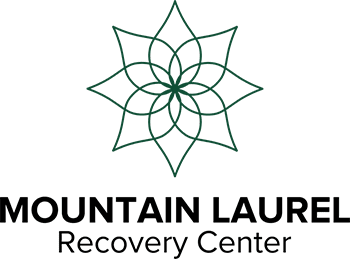
Common Causes of Chronic Pain
Chronic pain can develop after an injury or surgery or can be due to conditions or problems such as:
- Arthritis
- Migraines
- Fibromyalgia
- Lower back problems
- Cancer
- Nerve damage
- Inflammatory bowel disease
Those at the highest risk for chronic pain are women and those who are overweight. Chronic pain can affect people of all ages but most commonly affects older adults. If chronic pain goes untreated, it can not only increase a person’s risk for addiction but also cause the following side effects:
- Depression
- Anxiety
- Insomnia
- Changes in mood
- Sexual dysfunction
Treating Chronic Pain with Non-Opioid Options
According to the Centers for Disease Control and Prevention (CDC), evidence suggests that non-opioid treatments such as non-opioid medications and therapies can provide effective relief for chronic pain and are a safe alternative. Non-opioid treatments to consider depending on the type and location of the pain. You may need to try several different pain treatments to find what works best for managing your specific pain.
Non-opioid pain options to consider include:
- Physical therapy can be used to help regain strength and movement.
- Heat can be used to relax muscles and soothe aches and pains.
- Ice can be applied immediately after an injury or to help reduce inflammation and pain.
- Therapeutic massage can relax tense muscles and joints to provide relief from stress and pain.
- Holistic therapies such as meditation, mindfulness, and breathing exercises can help the mind and body relax and manage pain more effectively.
- Yoga helps the mind focus on movements that can be used to stretch and strengthen muscles that may be causing pain.
- Acupuncture is done by inserting tiny needles into specific points of the body to release endorphins that relieve pain naturally.
- Chiropractic techniques can be used to correct the alignment of the body and thus relieve pain caused by structural issues.
- Topical pain-relieving creams or ointments can be applied directly to the skin to reduce pain in muscles and joints.
- Over-the-counter pain medications such as nonsteroidal anti-inflammatory drugs or aspirin are non-habit forming and can be taken to reduce mild to moderate pain.
- Steroid injections of a corticosteroid medication can be used to target specific areas of pain and inflammation.
- Electrical stimulation sends mild electric shocks into the muscles to reduce pain.
- Cognitive behavioral therapy teaches relaxation and coping techniques to take the focus off the pain.
- Making simple lifestyle changes such as losing weight, eating healthy, and exercising regularly can also help with chronic pain.
- Surgery may be needed to address any issues and correct the problems causing chronic pain when conservative treatments are ineffective.
In addition, several non-opioid drugs can be prescribed to treat chronic pain. Among the most common are triptans, gabapentin, anti-seizure medications, and certain antidepressants. These medications are prescribed for specific pain conditions and can be an effective option to consider.
Finding support is essential in managing chronic pain. You can seek support from friends or family. You may want to consider attending pain support group meetings where others with similar experiences can offer comfort and advice.
Mountain Laurel Recovery Center is Here to Help
If you or a loved one is struggling with an addiction to an opioid drug, contact Mountain Laurel Recovery Center for help. We can create an individualized treatment plan to meet your specific needs and goals and have various resources available at our Pennsylvania addiction treatment center. We offer a full range of care for those with substance use disorders and co-occurring mental health conditions.
